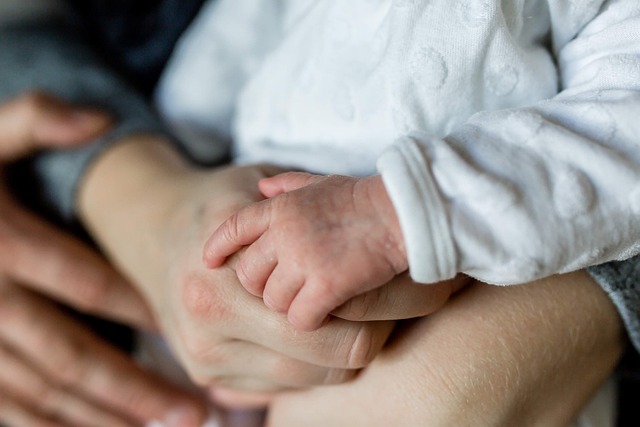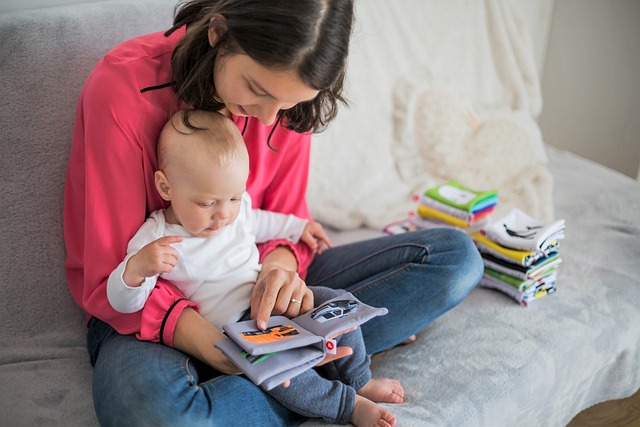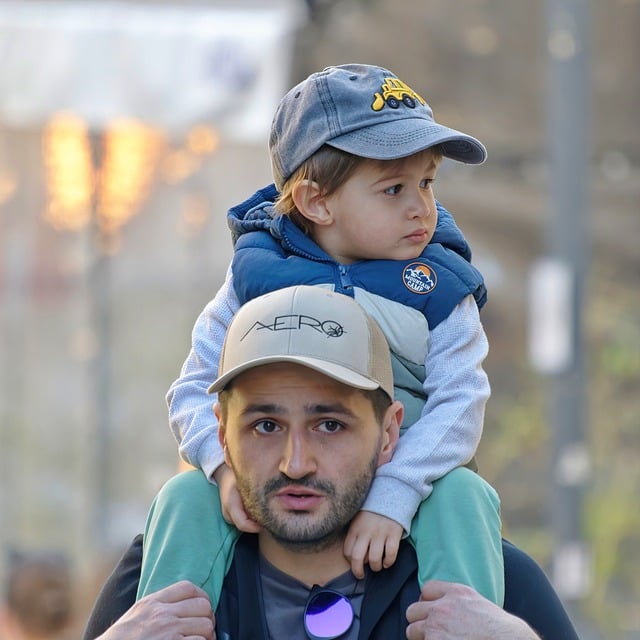Child welfare hearings in Oregon, governed by state family law and child protective services law, prioritize the well-being of children facing potential abuse or neglect. Multnomah County's child advocacy program offers specialized child welfare legal services to support parents in DHS child welfare cases, navigating complex Oregon family law and child protective services law. This ensures parental rights protection while achieving just outcomes, with a balanced approach considering the child's best interests, parental rights, and other stakeholders' concerns. Parents involved in these cases are empowered to actively participate and defend their rights throughout hearings and appeals.
“Navigating complex legal landscapes can be daunting, especially when it comes to child welfare hearings and appeals. This comprehensive guide aims to demystify the process for parents involved in DHS child welfare cases. We explore critical aspects such as understanding hearing procedures and protections, parental rights, and Multnomah County’s child advocacy system. Additionally, we delve into Oregon family law related to Child Protective Services (CPS), ensuring parents are equipped with knowledge to protect their rights during these challenging times.”
- Understanding Child Welfare Hearings: An Overview of Procedures and Protections
- Parental Rights and Legal Representation in DHS Child Welfare Cases
- Navigating Multnomah County Child Advocacy: A Guide for Involved Parents
- Oregon Family Law and Child Protective Services: What Every Parent Should Know
Understanding Child Welfare Hearings: An Overview of Procedures and Protections

Child welfare hearings are legal processes designed to ensure the safety and well-being of children involved in cases of potential abuse or neglect. These hearings, governed by Oregon family law and child protective services law, offer a structured framework for addressing concerns related to DHS child welfare cases. Understanding the procedures and protections inherent in these proceedings is crucial, especially for parents seeking to safeguard their parental rights.
Multnomah County child advocacy plays a pivotal role in these hearings, ensuring that all parties involved have access to legal guidance and representation. The process involves careful navigation of evidence presentation, witness examination, and legal arguments, with a focus on balancing the interests of the child, parents, and other stakeholders. This comprehensive approach aims to reach just outcomes while also providing a safety net for vulnerable children through robust parental rights protection mechanisms.
Parental Rights and Legal Representation in DHS Child Welfare Cases

In DHS (Department of Human Services) child welfare cases, parental rights protection is a critical aspect that requires meticulous legal guidance. Parents involved in such proceedings often face complex and emotionally charged situations, making it imperative to ensure their rights are vigorously defended. Legal representation plays a pivotal role in navigating the intricacies of Oregon family law and the child protective services law, specifically tailored to Multnomah County child advocacy.
Qualified attorneys specializing in child welfare legal services can provide invaluable support, explaining the process, challenging allegations, and advocating for the best interests of both the child and the parents. This representation is crucial during hearings and appeals, ensuring that parental rights are not only protected but also understood within the context of Oregon’s robust child welfare framework.
Navigating Multnomah County Child Advocacy: A Guide for Involved Parents

Navigating Multnomah County’s Child Advocacy system can be a complex task for parents involved in DHS child welfare cases. Understanding your parental rights protection is crucial during this challenging time. The county offers specialized services through its Multnomah County Child Advocacy program, designed to support and guide families through the legal process of Oregon family law pertaining to child protective services.
This initiative ensures that both parents and children receive comprehensive legal guidance tailored to their unique circumstances. By familiarizing themselves with the available resources, parents can actively participate in decisions affecting their family’s future, ensuring their rights are safeguarded throughout the child welfare hearing and appeal process.
Oregon Family Law and Child Protective Services: What Every Parent Should Know

In Oregon, family law and child protective services are governed by a comprehensive legal framework designed to protect the welfare of children while also preserving parental rights. Parents involved in DHS (Department of Human Services) child welfare cases, particularly those in Multnomah County, should be aware of their entitlements under the state’s family law code. Understanding these rights is crucial as it enables parents to navigate the complexities of child welfare hearings and appeals effectively.
The Oregon Family Law code outlines procedures for child protective services, ensuring transparency and fairness throughout the process. Parents have the right to legal representation during hearings, allowing them to challenge any allegations and present their case with support. Knowing the applicable laws empowers parents to protect their parental rights and actively participate in decisions affecting their children’s lives. This is especially important in Multnomah County, where child advocacy groups work tirelessly to ensure the best outcomes for all involved.






